There was no sport that Chris Sherwood wouldn’t turn his hand to growing up.
Being in the UK, football was obviously a big part of his life – and he was in Nottingham Forest’s system for a while before being released – but Sherwood also has stories of playing basketball, roller skating, volleyball, table tennis, cricket and golf among others.
While having something of a competitive streak, what he enjoyed most was the sense of community and belonging that came from playing sport with friends – having fun rather than reaching the highest level possible.
When that aspect of his life vanished, then, when moving to London for work, Sherwood began to feel the impact.
“It was a whole new situation – I had a full time job for the first time in my life, I was living in a shared house full of strangers, I was living in a huge city that I’d never lived in before,” he said.
“I grew up in a small town in Leicestershire, so moving to London everything was different, and everything was kind of overwhelming and exciting and interesting.
“In a way, my job became the centre of my life. I worked in an advertising agency, and there was a community there that I latched on to, so I wouldn’t necessarily say I felt lonely in the absence of sport because I found community at work, but there was a hole in my life which was the complete lack of sport.

“I started going to the gym for the first time in my life as a way of doing something, because I’ve always just craved physical activity, but again that just wasn’t the same.
“You just kind of get used to not doing sport, and I think I did forget what it was like. Actually, then the idea of going and joining a club is intimidating. The fear of doing it was greater than how much I missed it in my life.
“Eventually I realised that there were LGBT+ sports teams, and suddenly I didn’t feel intimidated anymore.
“The first one I heard about was the golf society, now called Out2Golf. I think I was chatting to someone online and they asked if I knew about it. I couldn’t believe that there was a gay golf society, and I thought if there’s that, there must be gay everything.
“After a bit more Googling I quickly found Graces Cricket Club and emailed straight away. They said to come along to Lords because they had nets coming up, and I just arrived and immediately felt comfortable because I had nothing to hide.
“I knew it was a given that I was part of the community, and what was therefore interesting about me was what my personality was like and what my interests are outside of cricket rather than my sexuality.
“It was just a revelation for me and a breath of fresh air. I remembered how great it was to chuck a ball down and try to get people out, and having a beer afterwards, and it was just a great feeling. I realised how much I missed it in my life and how much I was missing out on by not doing it.
“That got me back into football as well, and I feel so motivated and passionate when I’m playing for an inclusive sports team because I’m aware that we’re a billboard for the LGBT+ community in sport – and for me specifically, the gay community which suffers from all the negative stereotypes that it does.
“I know that every time we go out and play a non-inclusive team, we’re changing perceptions, and I love that aspect of it. It excites me, it makes me work really hard and it makes me want to win.
“We’ve certainly experienced it in cricket, where people we haven’t played before turn up knowing that we’re an inclusive team and have certain assumptions about what the quality will be. Sometimes they phone up and ask what the standard is like.
“One sent out a team for a friendly match, and then we completely smashed them because they underestimated how good we would be and that’s tremendously satisfying, although slightly disappointing at the same time that they had those those views of us. For me, it’s helped my performance, because every match field feels like a cup final to me.”
Battling perceptions
While a member of Out2Golf, Graces Cricket Club and Stonewall Football Club, Sherwood is also conscious of perceptions outside of sport.
There can still be a hesitancy to be visibly LGBTQIA+ in everyday life, and Sherwood can list off several examples that either he or people around him have experienced.
“Any gay man will tell you that you’re coming out for the rest of your life, and every time you meet new people you never quite know how someone is going to react,” Sherwood reasoned.
“My sister’s a physiotherapist and she told me about a client of hers. She does a lot of home visits for the NHS, and this old man with dementia was with a much younger partner about half his age. They almost declined the offer of help and support from the NHS because they were worried about what people would think.
“They have no control over who comes to their house to care for them, and they present as a couple which is not the kind of couple people used to seeing, so they were scared and then they almost declined that help. That’s really, really sad.
“I moved house recently and as we just finished packing the old house up, this geezer asked me if it was a house share – no, we’re husbands and we’ve been married for 10 years. This guy had been really chatty and pally with me all morning, but he suddenly went silent and didn’t talk to me again. Then when we arrived at the new house, I heard him having a massive argument with the boss saying he wanted his money because he’s leaving.
“Now, I don’t know if that’s because he was homophobic or for some other reason, I can never prove it, but given his reaction to my coming out and then leaving halfway through the job, I think that probably was a homophobic response.
“These are the kinds of things you’re up against, so going into a sports club where suddenly you’re meeting 20 to 30 straight guys, chances are one or two of them are going to be uncomfortable, especially in that context where you’re getting naked together after matches to go and shower.
“When I play cricket for a non-inclusive team, I still get self-conscious about shower time and sometimes I just don’t because I don’t want to make people feel uncomfortable. Maybe they wouldn’t care, but these are the kinds of things that are going on.
“The first time in London I played for one non-inclusive team, I was in the bar after the game. In this context, I was back in the closet, because I didn’t know anyone apart from the captain who had asked me to come and play.
“I ordered a round of half pints, and the barman was like ‘ah, sorry mate, we don’t do half pints’, and when I said we were all driving and we can’t drink anymore, so six half pints of lager please he said ‘all right, well, I’m going to have to take a picture and put it on the gay wall’.
“Of course, I wasn’t expecting that, and as a gay man I was suddenly confronted with this situation where I’m surrounded by these new teammates who don’t know that I’m gay, and in a split second I had to decide what to do.
“I can’t remember what I did or said but I didn’t confront it. The barman was probably about 70 years old and I think I did that thing where you go ‘it’s just an old man, a different generation’, and you let it go.
“I wasn’t brave enough to go ‘oh, I am actually gay, do you want to take my picture and I’ll happily put it on the gay wall’ which is what I wish I’d done in hindsight, and just very casually come out like that.

“I didn’t want to make a scene. I didn’t want to make people feel uncomfortable, and I felt the easy way out was just to laugh it off and carry on. Thankfully none of the other lads around me joined in, it was an awkward moment and I sensed that.
“That’s just a perfect example of the kind of thing that goes on when people don’t know that there are gay people around, and that makes it very difficult for people to come out. Everyone can be laughing at you, and you’re feeling like you’re the person they were all laughing at. It’s tough.”
Switching sports
The three main sports that Sherwood plays all have one thing in common – a lack of visible male LGBTQIA+ representation.
Things have improved over the last year or so in men’s football, but Steven Davies remains the only out men’s professional cricketer, and there is only Tadd Fujikawa in men’s golf to look up to.
At a grassroots, inclusive level, Sherwood is possibly uniquely placed to describe the differences between the three sports’ attitudes to inclusion.
“There are definitely cultural differences between them,” he explained.
“Football is a much rougher sport, it’s more macho, more bound up in machismo and sexism and homophobia. Cricket is a bit more civilised. People I’d play cricket with tend to be a bit more enlightened, but then cricket also has a much greater population from homophobic countries like India or Pakistan.
“We don’t know what is going on in their heads when we’re playing against them, but I am aware that because of their cultural backgrounds, they may have different views about us.
“We have a lot of multicultural representation within Graces Cricket Club from people from these homophobic countries who have had to get out because they can’t be themselves. Some of them have wives at home, kids at home, but they’ve come here because they just need to be themselves and this is one country where they can do that.
“Football is more working class England, and that’s reflected in the way that fans behave at football matches, which has a knock on effect on how easy it is for elite players to come out and why so few ever have, despite us knowing that they’re there and they exist, even in the Premier League now. That’s true of cricket too, people don’t come out, and that’s true of golf. People at the elite level don’t come out.
“You have some sympathy for it, because sports careers are generally quite short-lived, and during that time they are travelling the world and they are going to homophobic countries. If you’re an elite, famous sportsperson, when you come out you’re coming out to the whole world, and one doesn’t know how differently they’ll be treated when they go to these countries, especially with something like golf where you aren’t part of a team.
“I’ve found it interesting that in Out2Golf there was a level of – shame might not be the right word, maybe embarrassment? We went through a re-naming and there was a certain proportion of the membership who really didn’t want the new name to be something overtly inclusive.
“They wanted something more coded so that when we turn up at a golf club people didn’t necessarily know, and I found that fascinating. For me, part of playing for an inclusive sports team is the campaign. It’s putting ourselves out there and telling people that there are people from the LGBTQ+ community who are gay and who enjoy sports and who are good at it as well.
“This is a reflection of the age demographics. People playing football now are younger and growing up in a slightly different climate to these older members of the golf society who might be in their 70s and 80s who might not be out in their own lives and so, unsurprisingly, still harbour these fears.
“There are people at the cricket club, generally from these homophobic countries, who don’t want people to know that they play for an inclusive club. When there are photo opportunities, they avoid them because they don’t want to appear in press, and they don’t use their real names on the scorecard.
“At the football club, actually, it seems a bit more open, but again that’s probably because it’s a bit more white and English and the consequences for these people of being out is less than others.
“It’s not easy and it’s a long, complicated process, and it’s a generational thing. People’s views on these issues are difficult to change without long term exposure to the issues, and youngsters now are growing up in a different time and being exposed to different messages, and I think young people in schools have find it much easier to come out.
“I remember in my school there were one or two people in every year, who might not have even been out but everyone kind of knew that they were LGBT+. Now, I know of lots and lots of out people in the LGBT+ community at schools, so it’s a long term process.”
Worlds colliding
Sherwood finds it difficult to play for the likes of Stonewall and Graces as often as he would like because his day job can be fairly time-consuming.
A professional actor, his roles include that of team captain Jimmy in In From the Side – which centres around an inclusive rugby club.
Being able to bring some of his real life experiences to the screen meant the world to Sherwood, but has he been able to take anything from a traditionally very inclusive industry into his experiences in sport?
“I always just felt very much at home in the acting world – it is very inclusive, very enlightened, I think because human stories are the currency of actors and writers,” he added.
“Anyone who’s doing it has been exposed to so many stories, and has to show a certain degree of empathy to do any kind of acting, and I think what makes people interested in acting is an interest in human behaviour and human stories. By virtue of that, they are generally very sympathetic to people’s stories of any kind.
“They’re generally just quite interested and want to know more. Actually, I play for Stage Cricket Club, a non-inclusive team made up of actors and I feel very comfortable being out there because I know that they’re actors and it’s normal.
“I think being an actor has made me a more empathetic person myself. I think I’ve taken that into sport when, perhaps, you do meet someone who is uncomfortable or is a bit homophobic. Rather than being confrontational and aggressive in my response to these situations, it has helped me be a bit more discursive.
“As an example, someone I was chatting to at the gym said he didn’t think gay people should have kids.
“There’s part of me going ‘wow, that’s a ridiculous thing to say’, but rather than getting angry with him I said ‘okay, that’s an interesting point of view, why is that?’ He was probably in his 60s, and his answer was along the lines of thinking kids need a mum and a dad.

“Okay, I can understand that, but my view is that what’s far more important for a child is to have stability and to be cared for and loved, and there are a lot of male/female parent relationships which are really damaging for children and that aren’t supportive and loving. They’re abusive, and so being male and female isn’t the greatest predictor of parental success.
“You could argue that a gay couple are more likely to provide a stable background than a straight couple, because the statistics show that they’re less likely to break up. Gay marriages last longer on average than straight marriages, so actually I could argue the other way that kids better off but again, I don’t think that’s fair.
“He sort of listened, went quiet and just nodded, and that was the end of the conversation. We moved on, but I felt like I might have changed his view a little bit.
“I think if I’d gone in telling him he’s wrong, he’s homophobic, and started labelling him as ignorant or whatever, he would become defensive and he would hold on to his view even more. Being an actor, you’re constantly negotiating and meeting lots of different kinds of people and having to understand where people are coming from – and saying yes when you disagree with something and just doing it anyway and trying things.
“I think that’s been a useful skill for me to learn in the world of acting that I’ve taken into sport and the interpersonal dynamics of sport, even if that might be a bit of a tenuous link.”
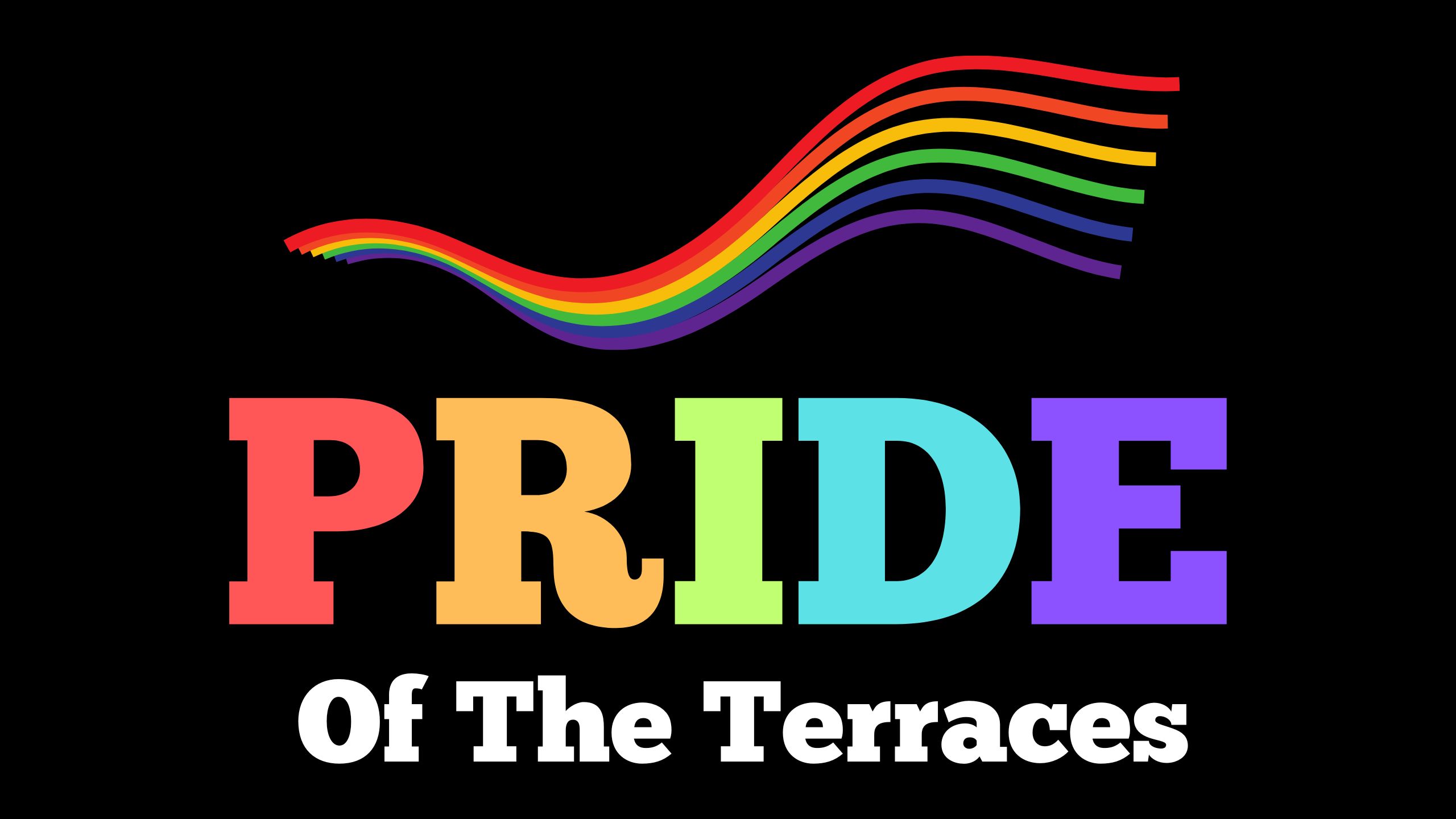
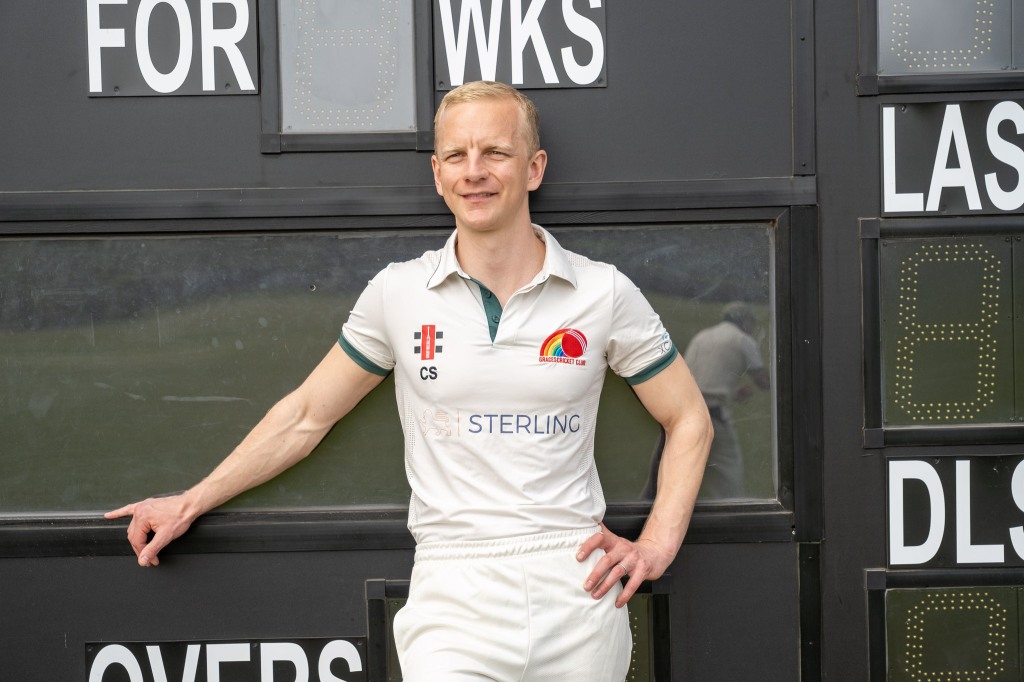
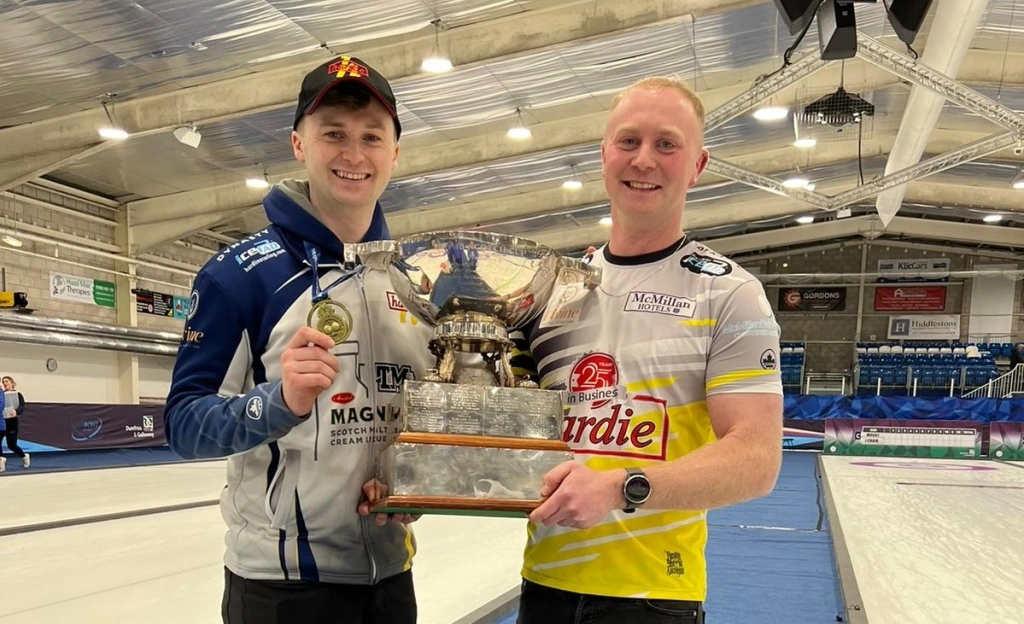
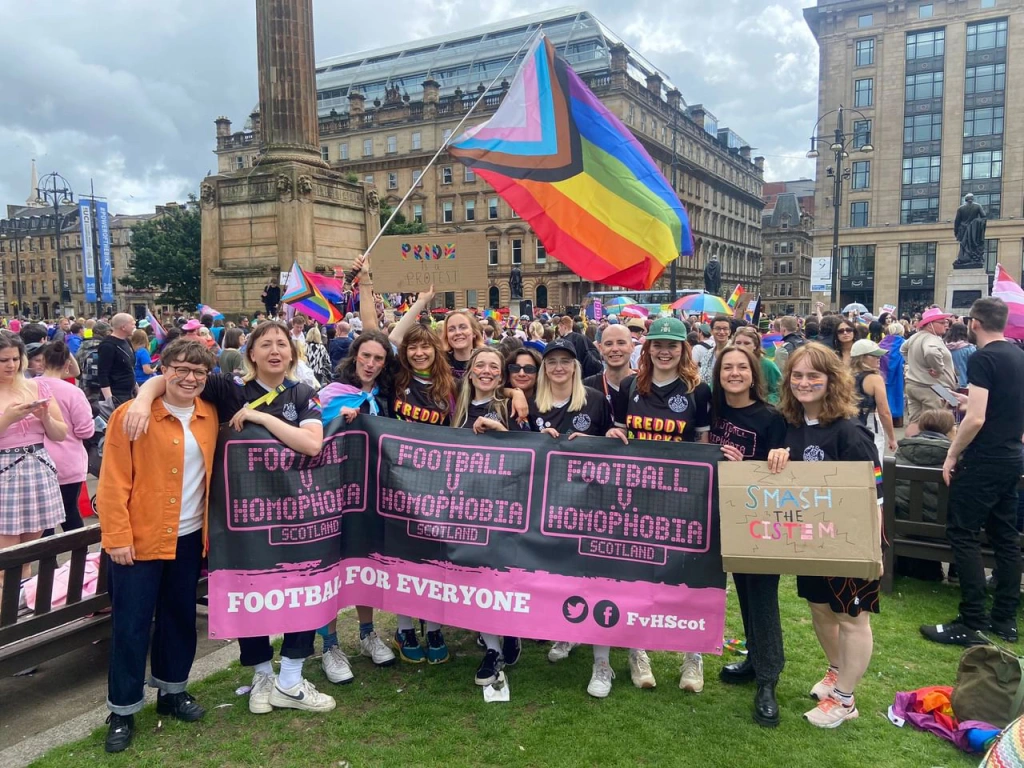
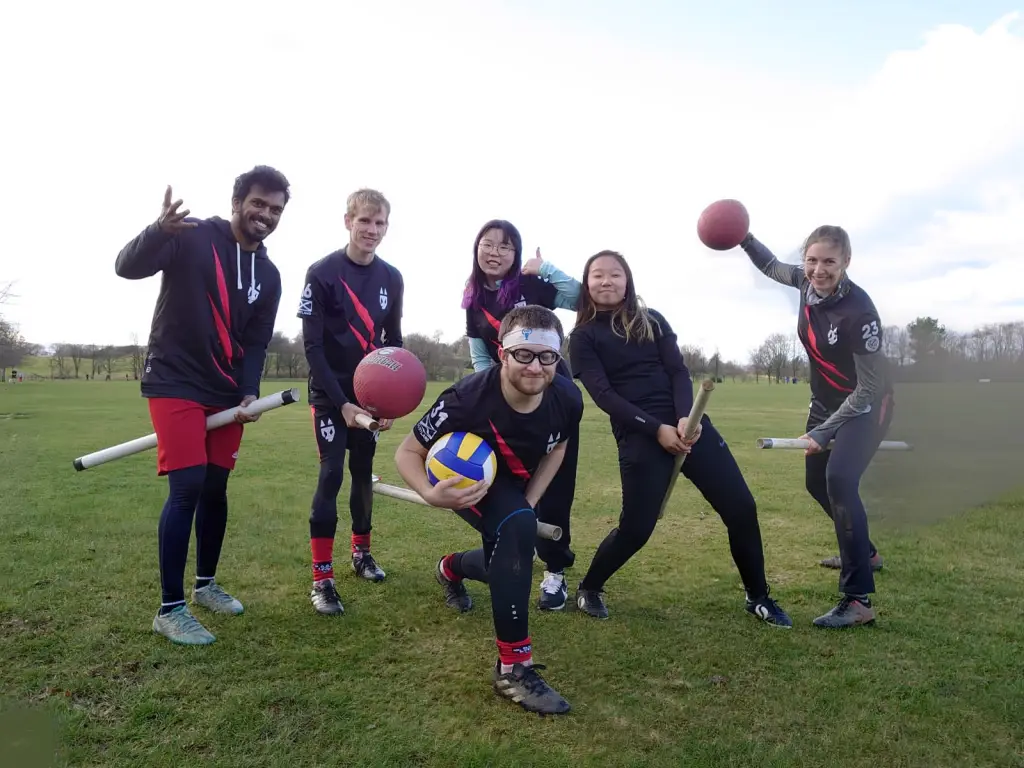

Leave a comment